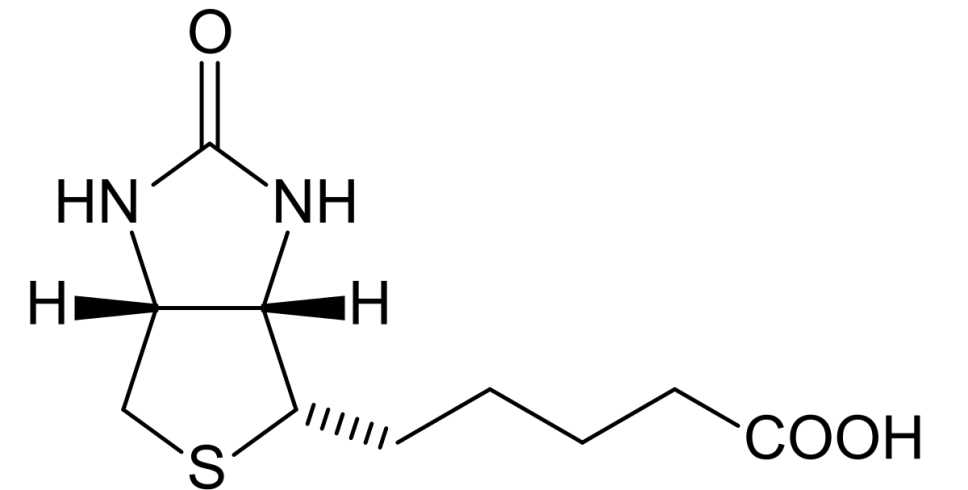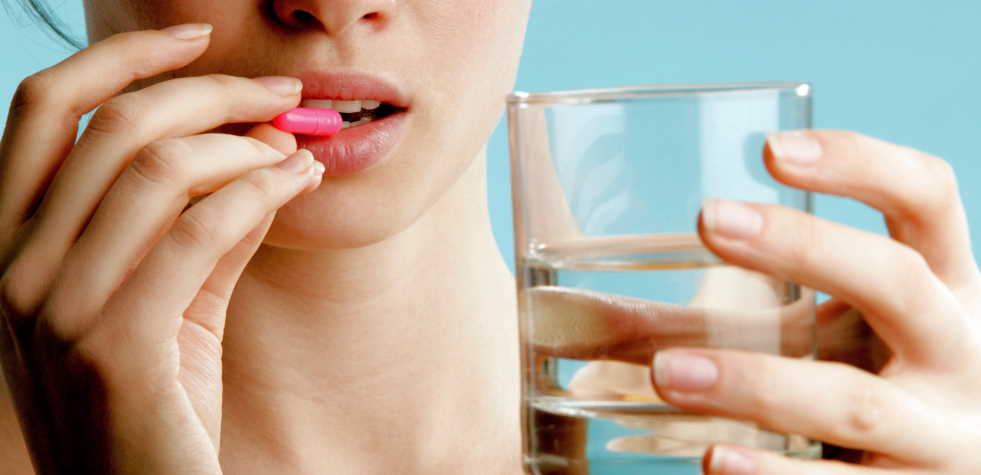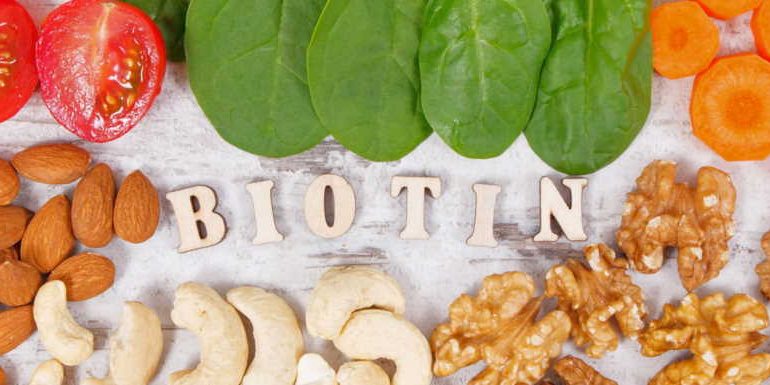Blame it on fairy stories, but getting siren-length hair has been the fantasy of most of us ever since we were little children. But for some of us, this aim is not so easily attainable.
Hair cycle rates vary from person to person due to a variety of factors, such as stress levels, hormones, genetics, and hair care practices.
And when we mature, losing interest in our bodies, eyes, and nails will also cause us reach for beauty products to enhance our outer appearance.
One of the most commonly used beauty vitamins is biotin. Browse every big store or ask your buddies what they are doing to get longer locks and do they knew about biotin vs D biotin.

What is Biotin and where does it come from?
Many of the most biotin-rich products contain liver, Brewer’s yeast, egg yolks, whole wheat pasta, pineapple, fish, milk, bananas and nuts. Even stable people obtain a adequate amount of biotin from their diet.
However, pregnant and lactating women can require a boost in biotin as their bodies break it down at a much faster pace.
B vitamins tend to generate amino acids that contain a type of keratin (which our hair is mainly made up of), and taking it in tiny amounts or consuming biotin-rich foods will definitely help to maintain your hair safe and increase its strength marginally.

However the main question is: will a biotin supplement help your hair grow? Ok, sadly, according to D biotin vs biotin, the findings are pretty lean.
Nonetheless, another research has demonstrated effectiveness when used over a three-month span in conjunction with calcium, silica, vitamin C and marine protein.
Generally, it is an important nutrient that may fix a vitamin shortage, but because shortage is uncommon (largely due to our diet and intestinal bacteria that generate more than the average daily intake), consuming a well-balanced diet might be the only way to get this nutrient.






